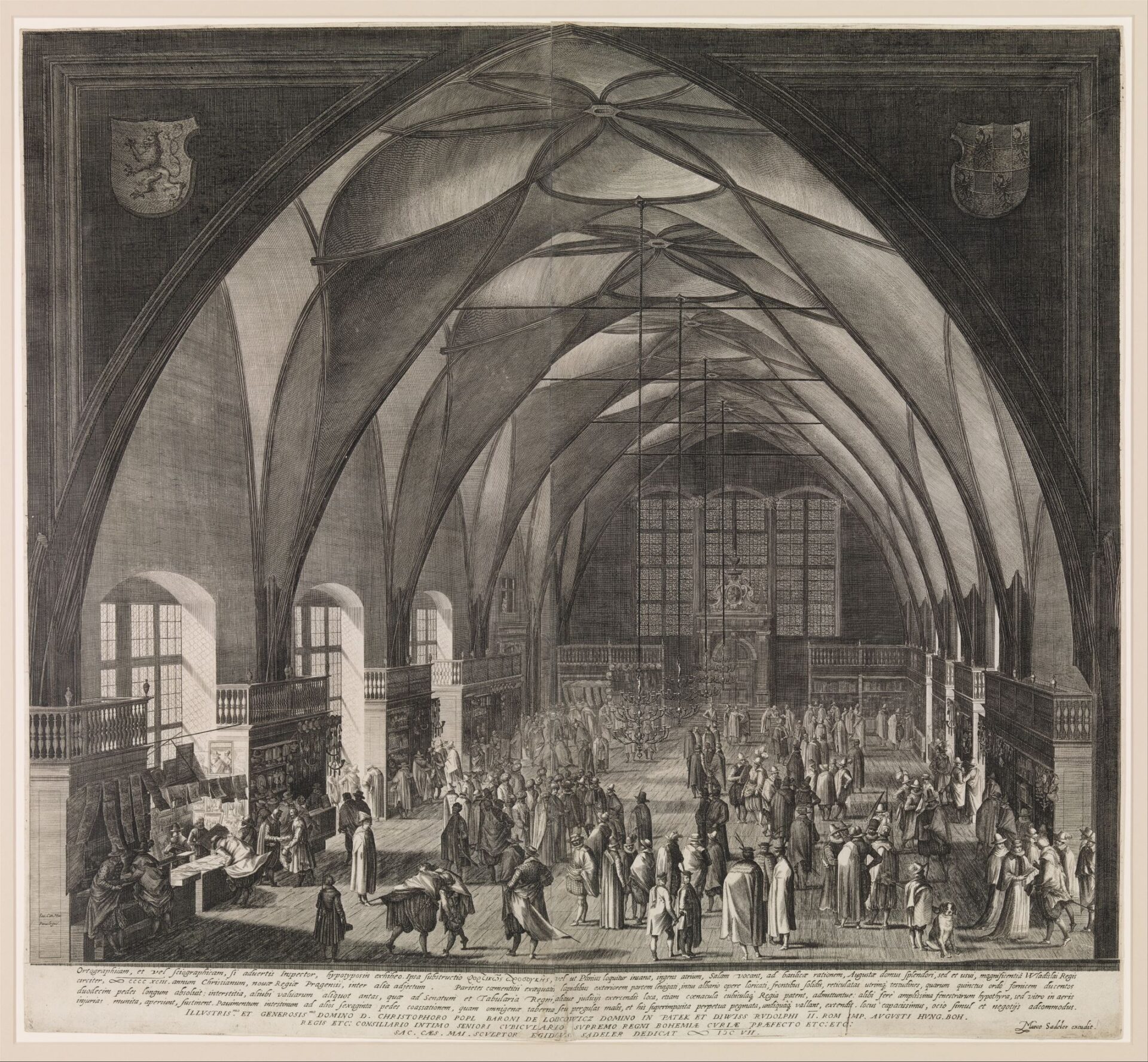
Schedule announced for the workshop for postgraduate students undertaking research on Central and Eastern Europe with a focus on its material connections. In association with The Institute of the History of Art, University of Warsaw.
Connected Central European Worlds, 1500–1700 challenges the widely accepted notion of Central Europe as being polarised into distinct nations, instead seeking to re-establish its connections across vast cultural, ethnic and linguistic diversity, political fragmentation, and multiple religious traditions, all undergoing constant transformation in the early modern period. The central objective of this project is to investigate how cross-border connections in Central Europe in the early modern period shaped the cultures, populations and development of Central European countries and their partners. It will be addressed through a new focus on the material analysis of artefacts. A primary objective is to develop and support early career students of the region.
Through this workshop, we have invited a number of the leading postgraduate scholars working in this area. We will workshop papers, take part in discussions and handling sessions. Workshop leaders: Assistant Prof Tomasz Grusiecki, Dr Suzanna Ivanič, Professor Grażyna Jurkowlaniec, and Assistant Prof Robyn Radway.
PROGRAMME
I Health and Bodies
Aleksander Musiał (Princeton University)
‘Antonio Sanches’s Traite Sur les Bains Russes’
Konrad Morawski (University of Warsaw)
‘Our Daily Négligé? The Funeral Monument to Teresa and Jadwiga Krasiński and the Culture of Undress in the Seventeenth Century’
II Media and Circulation
Christoph Moore de Torrealba
(University of Aberdeen)
‘The Illuminated Marriage Certificate of James III & Maria Clementina Sobieska: A Marriage of Legacy’
Małgorzata Łazicka (University of Warsaw)
‘German prints as the source of inspiration for Crispin Scharffenberg’
III Intellectual History, Memory and Temporality
Anna-Marie Pípalová (University of Cambridge)
‘Bohemian histories and national identities’
Oleksii Rudenko (CEU)
‘Libraries and Identities: Transfer of Knowledge and Shaping Origin Myths in Early Modern Poland, Lithuania, and Ruthenia’
IV Courts, Fashion and Diplomacy
Agnieszka Dziki (University of Warsaw)
‘Appreciating Imperfection: Loštice Goblets and the Fashion for Semi-destructs in Early Modern Kunstkammer’
Ewelina Sikora (CEU)
‘Distinguished Guests, Distinguished Tastes: Food, Drink, and Hospitality in Poland-Lithuania’s Diplomatic Encounters’
Tünde Komori (CEU)
‘Oriental Ceramics in Ottoman Hungary’
For more information, please email s.ivanic@kent.ac.uk.